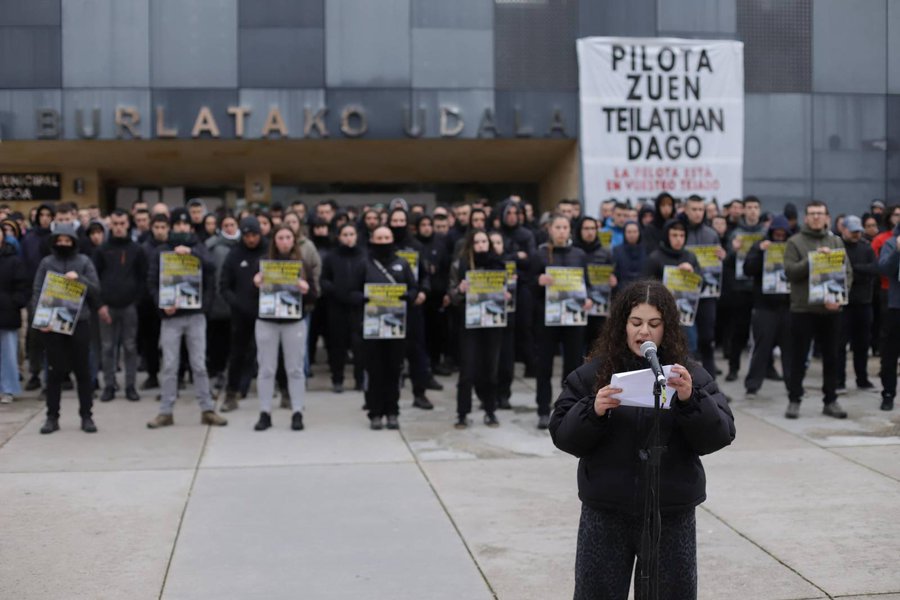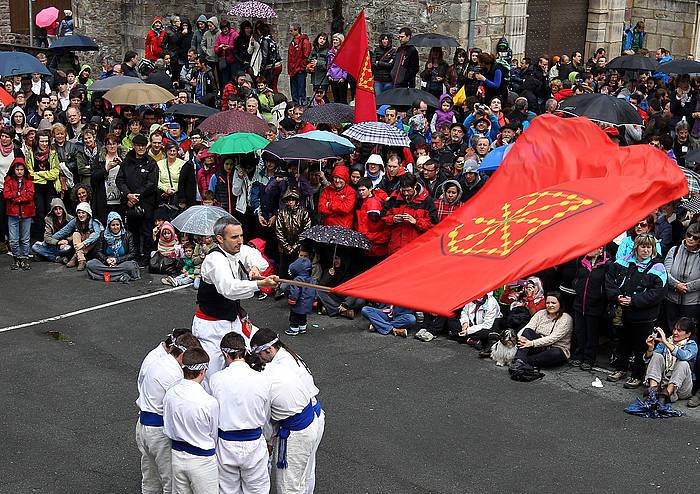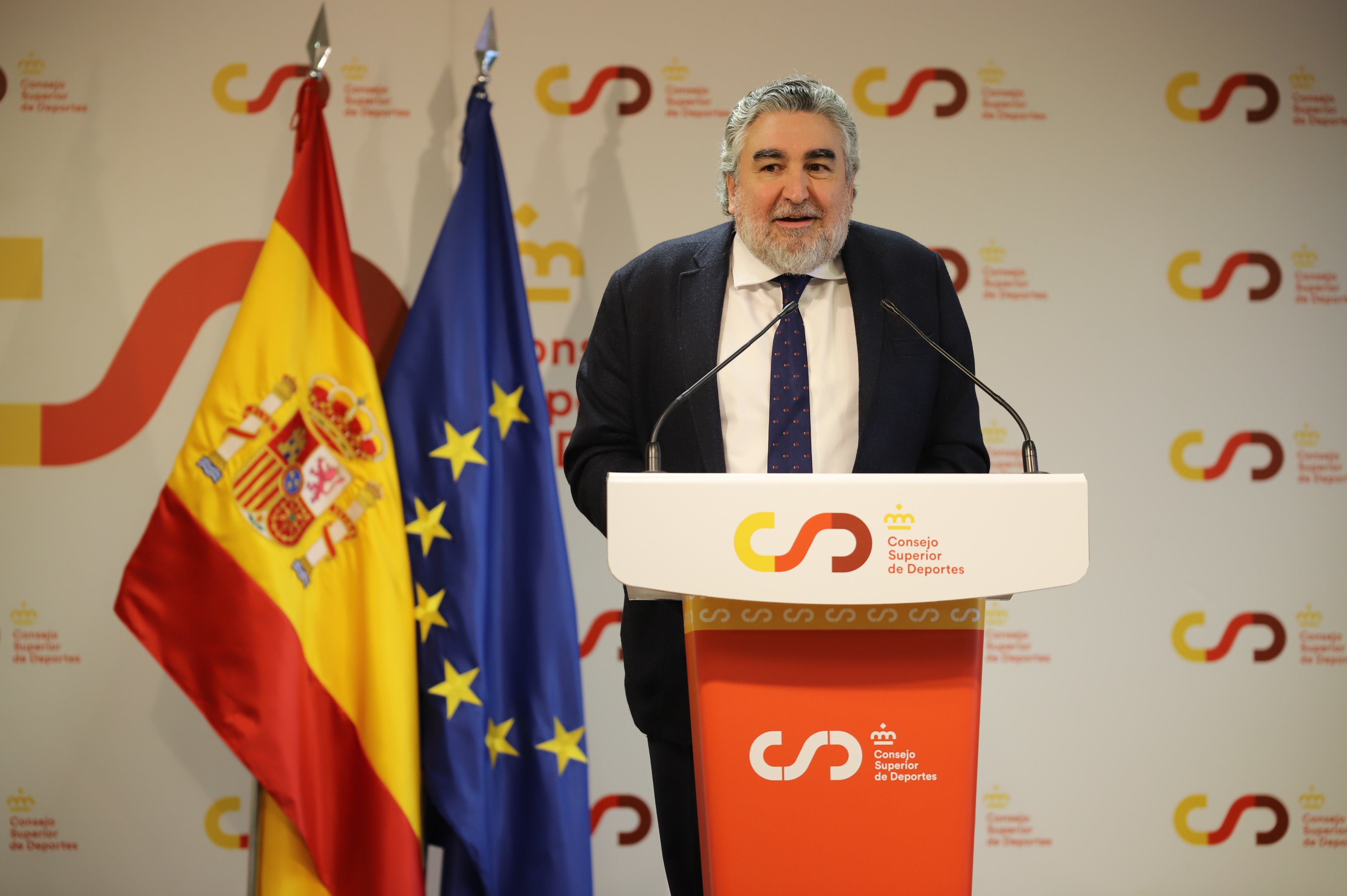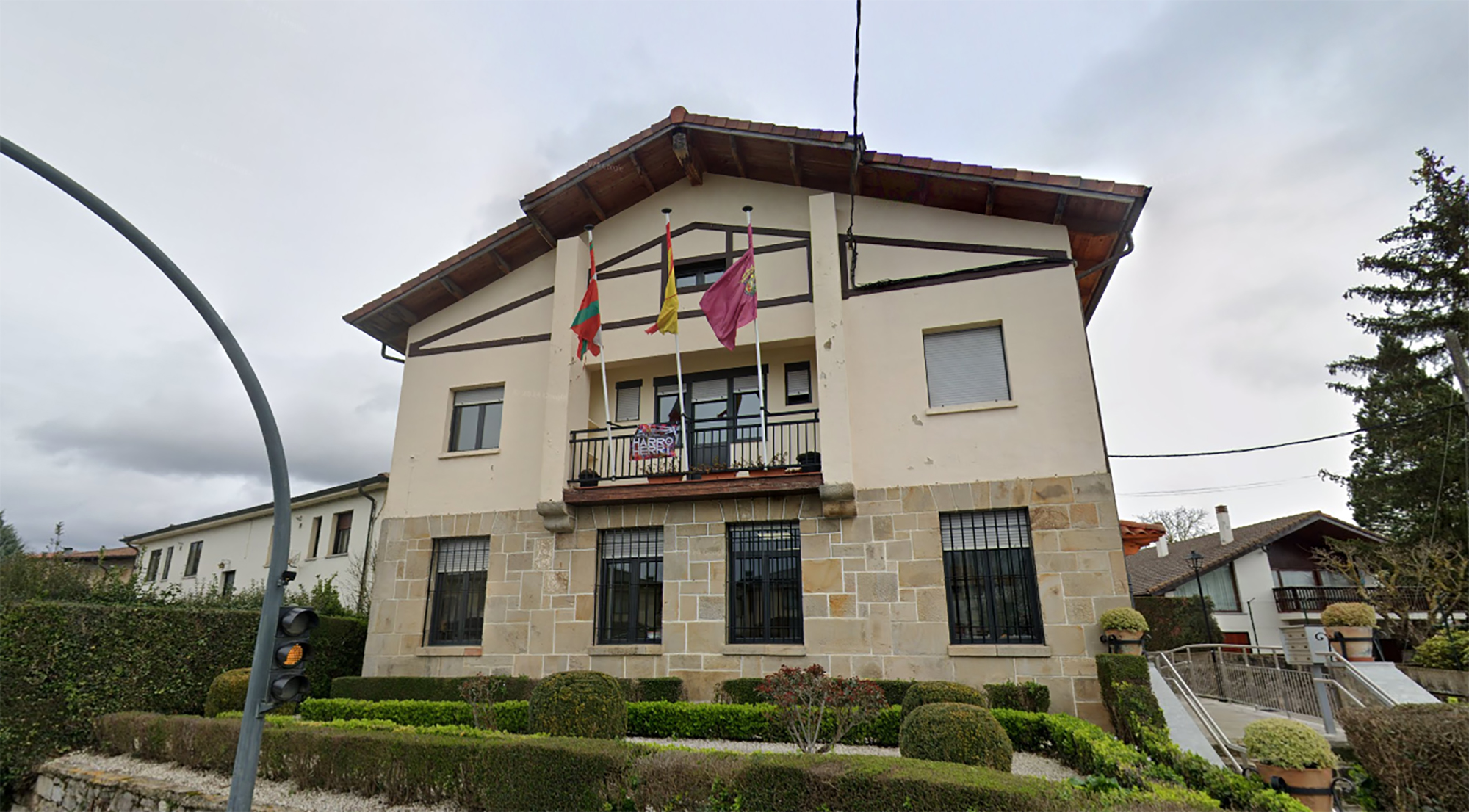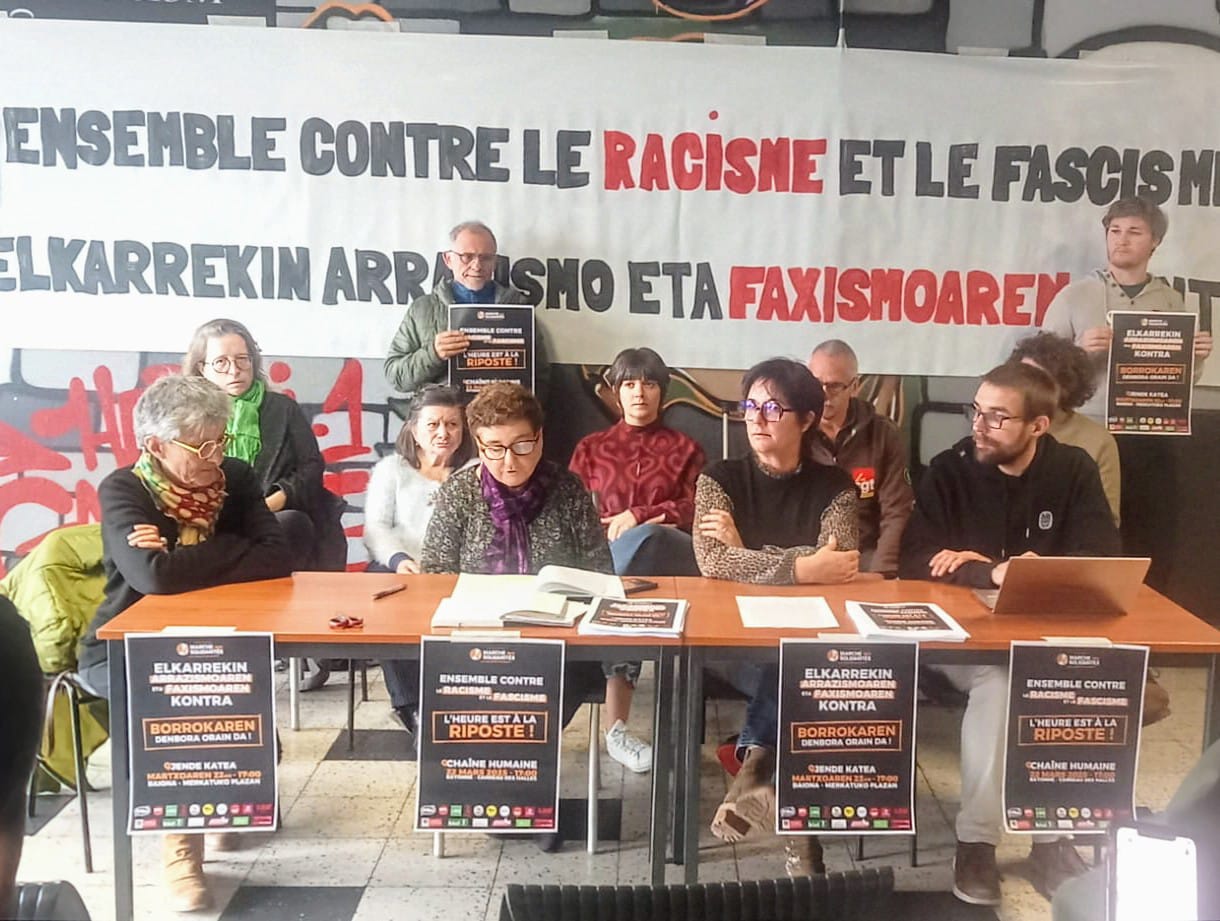Time for change?
Is it time for foreigners and voting rights to change? The next municipal elections will also be open to foreigners who are not part of the territory of the European Union (EU) for the first time. For this reason, some have stressed that the principle of national sovereignty is in some way questioned, while others have opened the way to transnational citizenship. Let us examine how the right to vote of foreigners will actually be exercised.
First of all, it must be said that the right to vote will be reserved exclusively for municipal elections. Secondly, there are two very different doors to the right to vote. The first is that of the members of the EU, who will want a formal declaration showing their willingness to exercise this right. Non-EU citizens must meet the following requirements: in addition to the formal declaration to be delivered by their predecessors, they must have a residence permit for at least five years and their territory must have a reciprocity agreement with Spain, which means that they can also vote in their territory. Therefore, and taking into account these conditions, the nationals of the following territories may vote: Bolivia, Chile, Colombia, Ecuador, Iceland, Norway, New Zealand, Paraguay, Peru and Cape Verde. But only those who have been around for a long time.
All of these conditions strongly determine the possibility of participation of foreigners. Thus, according to data provided by the National Electoral Institute (INE), the electoral register of foreigners in the whole state is made up of 465,661 people, representing 1.3% of the total electoral register, in the Basque Country this figure is even lower, precisely 0.7%. We have to see how many of them are going to vote. The other element to be mentioned is that, among those who have demonstrated their willingness to vote, a majority is EU nationality (88.9% in Spain), and specifically the former EU-12 nationality. Likewise, those who have to vote mainly represent immigration linked to tourism and not so much to economic immigration.
In short: although there are symbolic changes, in practice the change is minimal and for the moment we are not on the verge of questioning national sovereignty or building transnational citizenship. What really affects the right to vote of foreigners is the acquisition of Spanish nationality. As an example, the number of people who were nationalized in the years 2002-2010 was 444,184, almost the same as the number of foreign voters.
Protestak 24 ordu bete dituenean, suhiltzaileak bertaratu dira udaletxera eta kateak moztu dizkiete bi gazteei. Bi kateatuek gaua bertan igarotzea "udaletxearen hautua" izan dela adierazi du Gazte Asanbladak, eta udalaren ordezkariek "ekintza deslegitimatzeko eta bi... [+]
Ez da gauza berria politikari profesionalak gizarteko arazoak estaltzeko ahaleginetan ibiltzea. Azkenaldian Denis Itxaso -EAEko Etxebizitza sailburua- entzun dugu etxegabetzeei garrantzia kenduz eta aditzera emanez gurean bazterreko fenomenoa direla; eta Begoña Alfaro... [+]
Iruñeko Zaldiko Maldiko Elkartean eta Baigorriko Bixentainean aurkeztu da aurtengo Nafarroaren Eguna, egun berean. Ohi bezala, apirileko azken igandearekin bat egingo da festa Baigorrin, eta horrez gain, apirilean hainbat ekitaldi egingo dira eskualdean.
Antropozentrismoaren aldaera traketsena eurozentrismoa izan zen. Europako mendebaldea, geografikoki, Kontinente Euroasiarraren penintsula txiki bat besterik ez da, baina lau mende luzez gertaera demografiko, teknologiko eta ideologiko batzuk zirela medio, bazter horretako... [+]
Hezkuntza eredu propioa "ezinbestean" independentziatik etorri behar dela adierazi dute, eta sistema propio hori "publikoa eta komunitarioa" izatea nahi dutela. Ikamak deituta, goizean zehar piketeak egin dituzte Euskal Herriko hainbat hezkuntza zentroetan.
Euskal Pilotako Nazioarteko Federazioaren eta Espainiako Federazioaren arteko gatazkak bere horretan jarraitzen duen bitartean, Jose Manuel Rodriguez Uribesek euskal selekzioaren aldeko adierazpenak egin ditu. Desadostasunak direla eta, Nazioarteko Pilota Federazioaren eta... [+]
Badakizuenok badakizue, beste gauza asko bezala, euskararen aldeko borrokan ere politikoek, eragile batzuek eta hedabideek beraien antzezlana saldu nahi digutela, benetakoa balitz bezala.
Lehen urtean pozik jaso nuen, "Euskaraldi" hau. Zer edo zer zen, ezer ez zegoela... [+]
Euskarak, mendez mende, zapalkuntza sistematikoa jasan du, eta oraindik ere borrokan dabil egunerokoan bere leku duina aldarrikatzeko. Hizkuntza baten desagerpena ez da inoiz berez gertatzen; planifikazio politiko eta sozialak eragiten du zuzenean. Euskaldunoi ukatu egin izan... [+]
Puntueusek eta Cyberzaintzak elkarlanean ikusentzunezko baliabide pedagogiko bat sortu dute gazteentzat eta haiekin lan egiten duten profesionalentzat: irakasle, guraso eta hezitzaileentzat. Ikusentzunezko honen bidez, ziberjazarpena ezohiko ikuspegi batetik... [+]
Kamioiak ez sartu ez atera. Horrela eman dute goiza BSHko Eskirozko lantokian. Parez-pare langileak aurkitu dituzte protestan. Hilkutxa batekin, elkarretaratze formatuan lehenbizi eta Foruzaingoak esku hartu behar zuela jakin dutenean eserialdia egin dute erresistentzia pasiboa... [+]
Dakota Access oliobidearen kontrako protestengatik zigortu du Ipar Dakotako epaimahai batek erakunde ekologista, Energy Transfer Partners enpresak salaketa jarri ostean. Standing Rockeko sioux tribuak protesten erantzukizuna bere gain hartu du.
Sareak nabarmendu du Euskal Herri osoko eragileak daudela bertan eta deialdiak 140tik gora atxikimendu jaso dituela: "Horrek islatzen du zein den gaur egungo errealitatearen urgentzia, lurraren defentsaren beharra eta auziarekiko dagoen konpromezua".
Koalizio abertzaleko hiru ordezkariek ohar baten bidez euren "frustrazioa" adierazi dute proiektu fotovoltaikoa ezin gelditzeagatik: "Egoera horren aurrean, ez gara legegintzaldia amaitzeko indarrez sentitzen". Proiektu honi ez! plataformak salatu du EH Bilduren... [+]
Lau agenteak lesio-delituengatik ikertzen ari dira eta horrek galarazten du 2024ko amnistia aplikatzea. Polizia horietako batek, ustez, gomazko bala batekin begi bat zartatu zion Roger Español kataluniarrari.
Arrazismoaren aurkako nazioarteko eguna kari, larunbat honetan 16 alderdi, kolektibo eta elkartek deia luzatu dute, Baionako Marengo eta Pannecau zubien artean giza kate bat osatzeko. Aniztasuna, elkartasuna eta giza eskubideen errespetua aldarrikatzera deitu dute,... [+]











